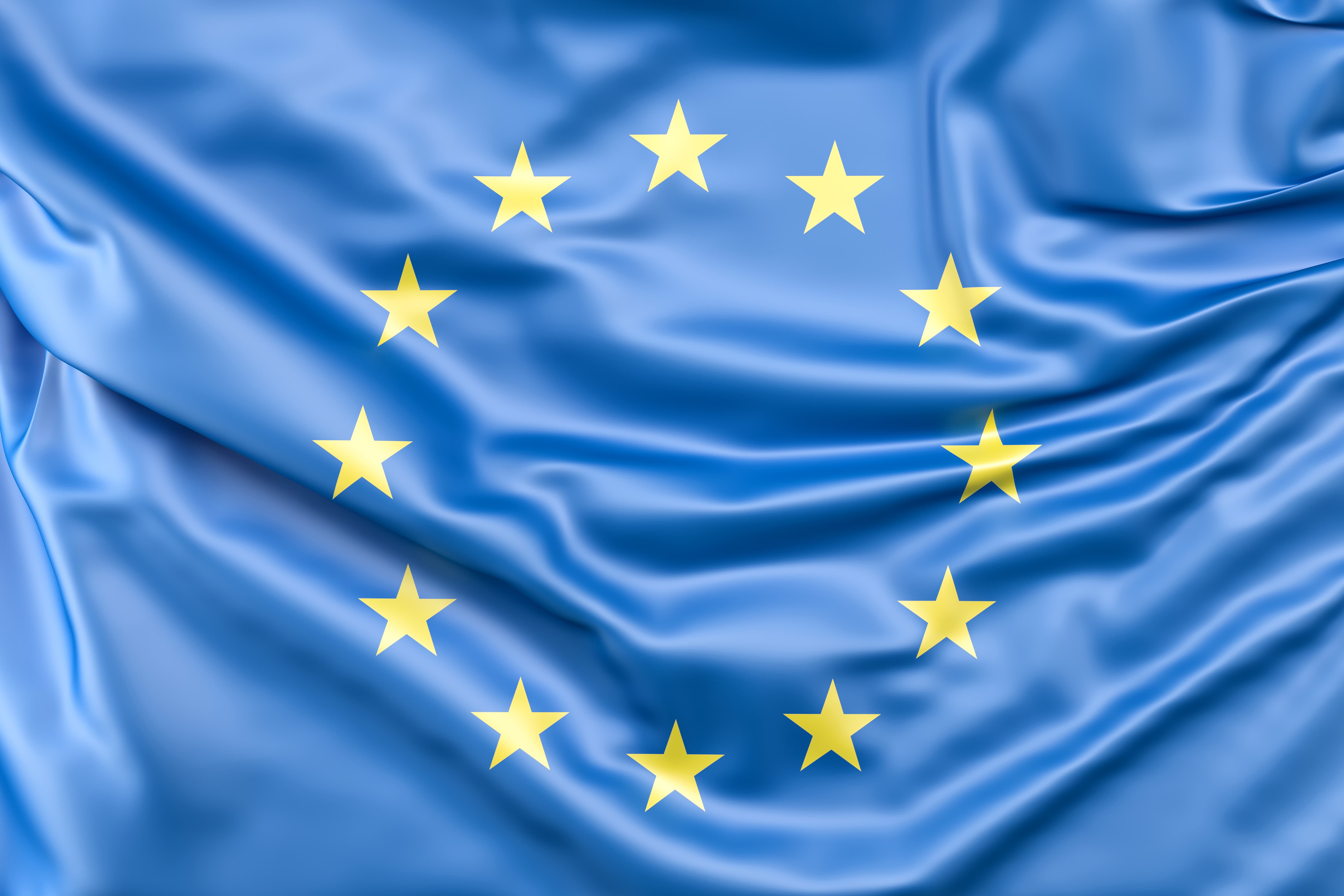European business leaders heard an urgent message in Brussels as Google underlined the scale of the continent’s AI opportunity and the risks of falling behind global competitors.
Debbie Weinstein, Google’s President for EMEA, argued that Europe holds immense potential for a new generation of innovative firms. Yet, too few companies can access the advanced technologies that already drive growth elsewhere.
Weinstein noted that only a small share of European businesses use AI, even though the region could unlock over a trillion euros in economic value within a decade.
She suggested that firms are hampered by limited access to cutting-edge models, rather than being supported with the most capable tools. She also warned that abrupt policy shifts and a crowded regulatory landscape make it harder for founders to experiment and expand.
Europe has the skills and talent to build strong AI-driven industries, but it needs more straightforward rules and a long-term approach to training.
Google pointed to its own investments in research centres, cybersecurity hubs and digital infrastructure across the continent, as well as programmes that have trained millions of Europeans in digital and entrepreneurial skills.
Weinstein insisted that a partnership between governments, industry and civil society is essential to prepare workers and businesses for the AI era.
She argued that providing better access to advanced AI, clearer legislation instead of regulatory overlap and sustained investment in skills would allow European firms to compete globally. With those foundations in place, she said Europe could secure its share of the emerging AI economy.
Would you like to learn more about AI, tech and digital diplomacy? If so, ask our Diplo chatbot!










